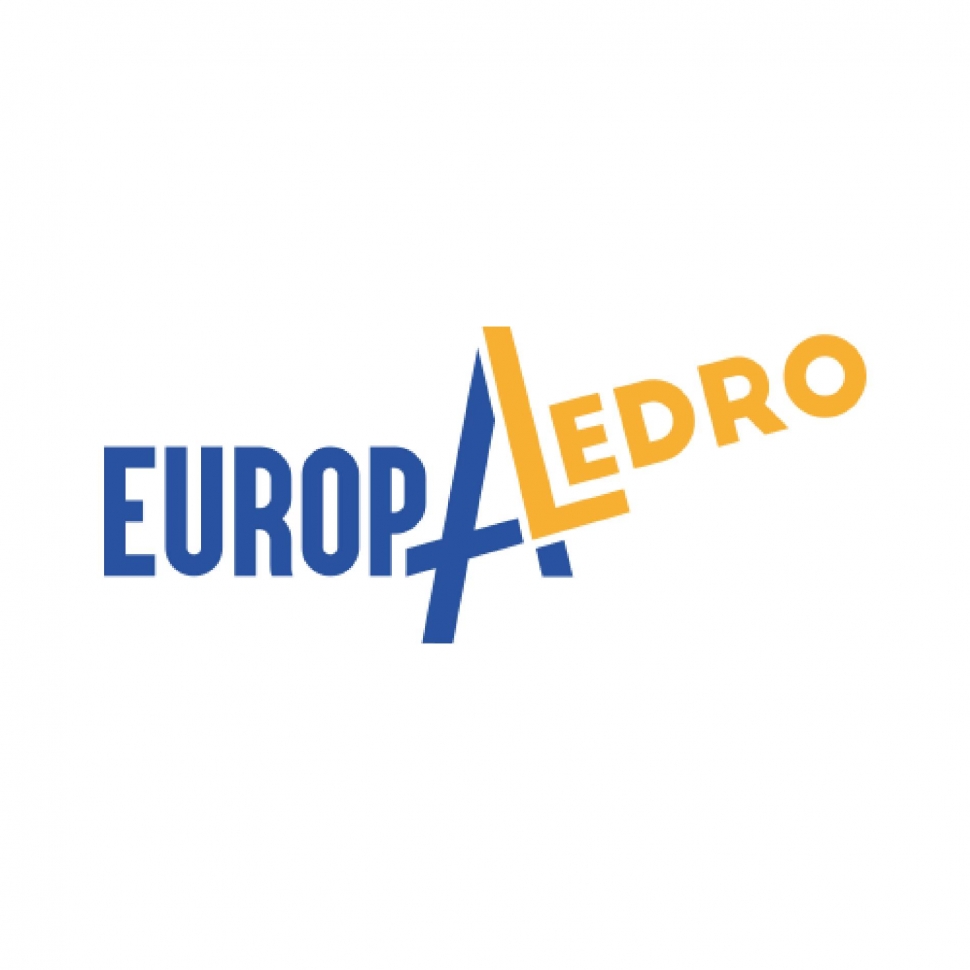Changing narratives, reshaping territories: raising awareness on the neglected contribution of women
1 year agoRemote and isolated areas in the European Union (EU) are often characterized by limited access to resources, economic opportunities, and essential services. These regions, which can include rural, mountainous, and geographically isolated communities, face unique challenges that hinder their development and integration into broader societal frameworks. One significant yet frequently overlooked aspect of these areas is the vital role women play in fostering community resilience and progress. Despite their substantial contributions, women's roles in these regions are often undervalued, underreported, and inadequately supported by policy frameworks.
The traditional narratives surrounding remote and isolated areas often emphasize challenges and deficiencies, neglecting the positive contributions and potential of these communities. This project seeks to develop a new storytelling approach that highlights the significant yet underappreciated contributions of women in these areas. By doing so, it aims to shift the narrative towards one of empowerment, resilience, and gender equality. Recognizing and promoting the stories of women who have driven development in their communities can inspire broader societal change and support the implementation of more inclusive policies.
Gender equality is a core value of the EU, enshrined in the Treaty on the Functioning of the European Union and reinforced by the European Pillar of Social Rights. Despite this, gender disparities persist, particularly in remote and isolated areas where traditional gender roles can be more deeply entrenched. According to the European Institute for Gender Equality (EIGE), women in rural areas are more likely to face unemployment, lower wages, and limited access to services compared to their urban counterparts. This project aligns with the EU's Gender Equality Strategy 2020-2025, which aims to achieve a Union where women and men, girls and boys, in all their diversity, can pursue their chosen path in life without facing barriers. By focusing on the contributions of women in remote areas, the project directly supports these strategic goals.

Please Log In to See This Section